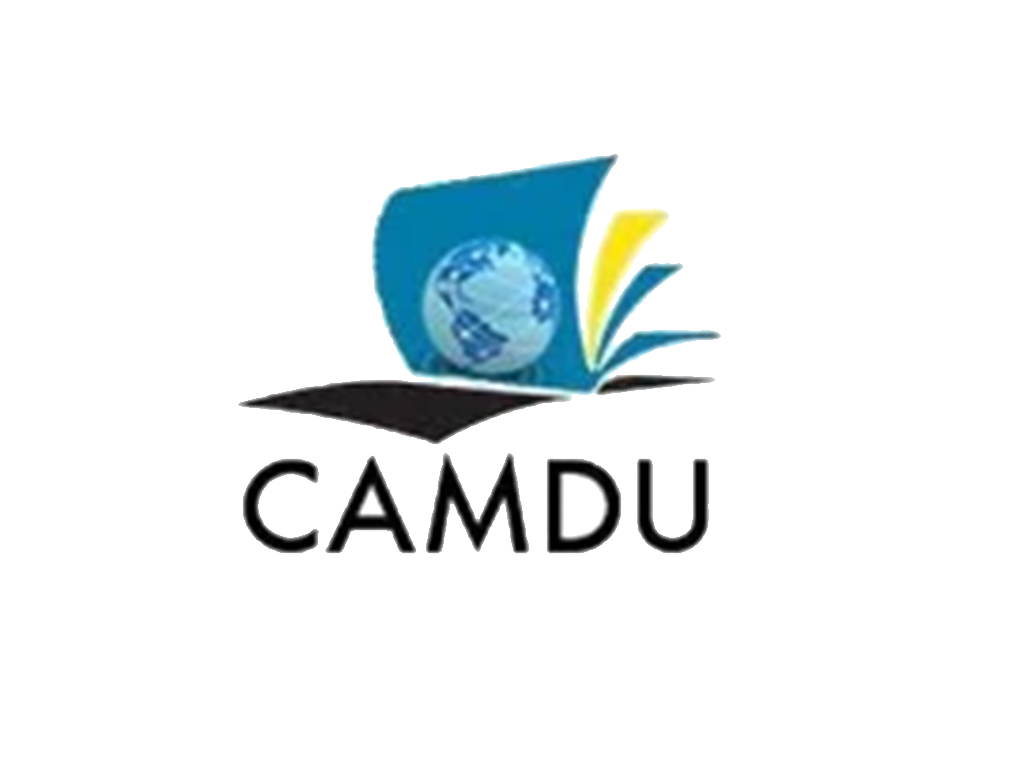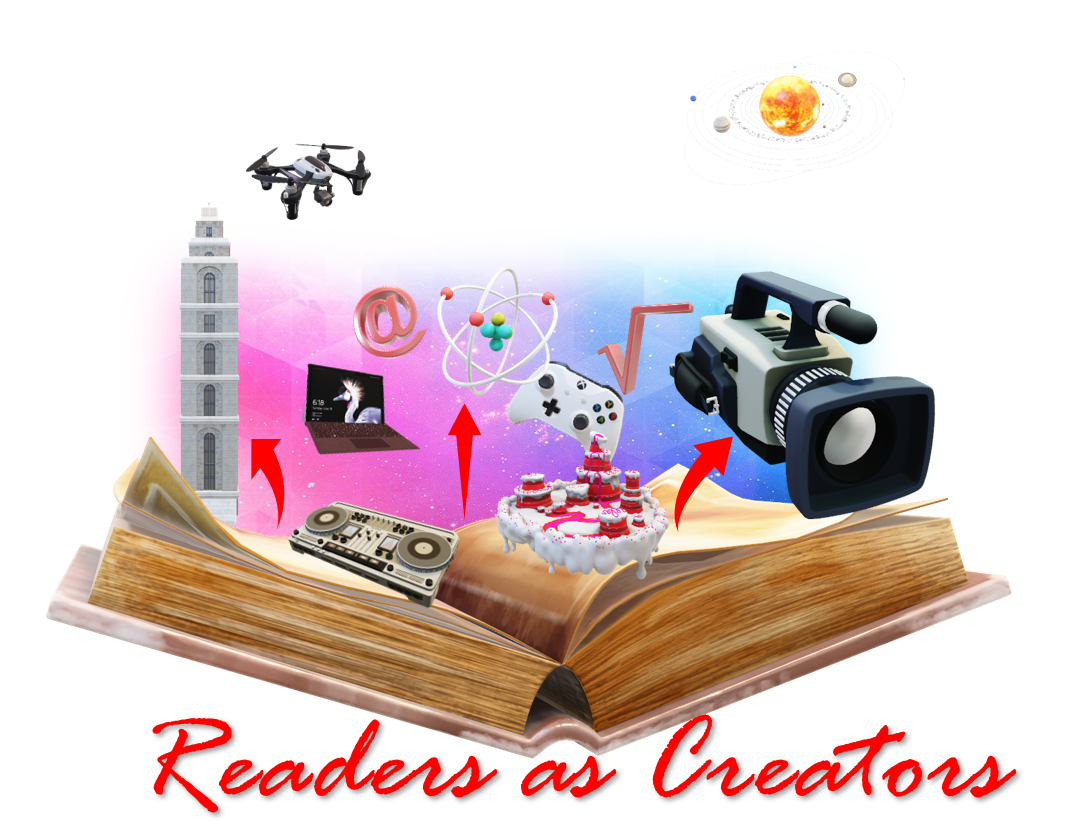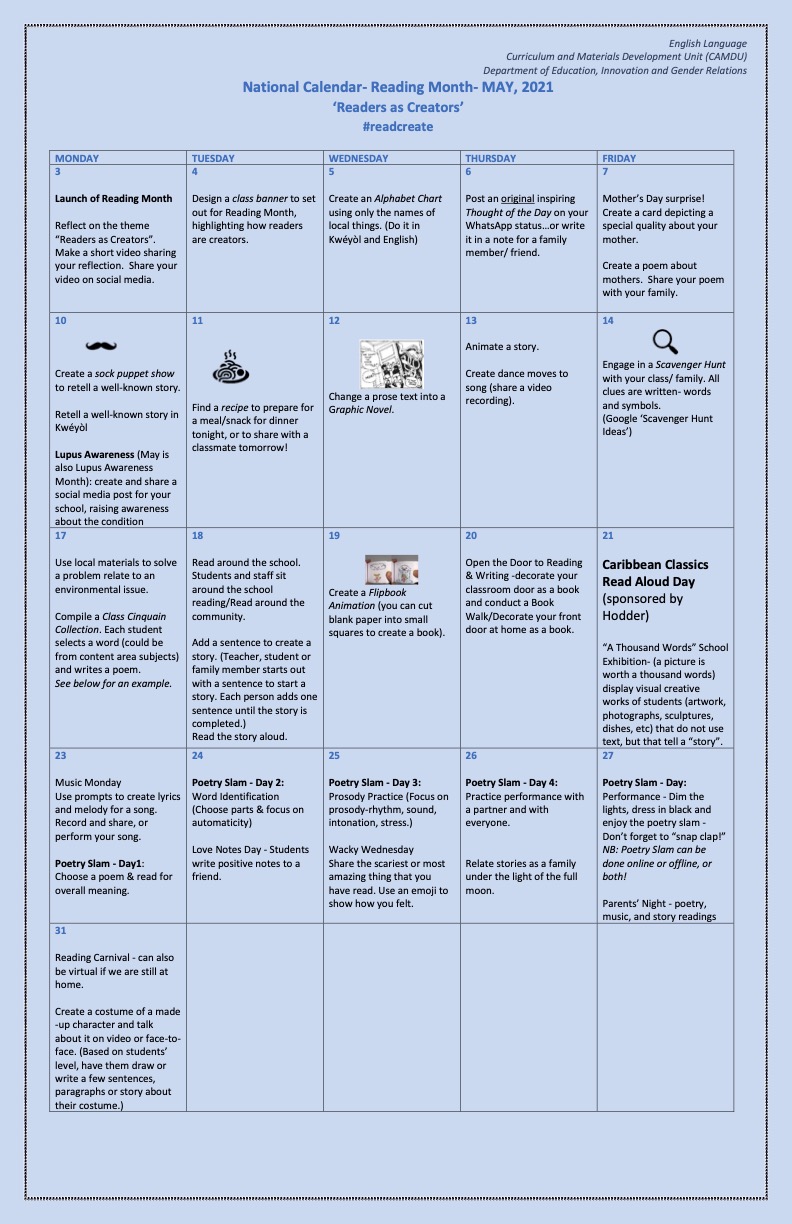Continuing global, regional and local conditions in health and economy dictate that we maximize the opportunities to redirect education efforts. This redirection requires a change in understandings of the purpose of education and in approaches to teaching and learning. While the 2020 Covid-19 pandemic proved to be a catalyst for this revolution, the future will bring myriad other sources of disruptions that will necessitate adjustments to education (Draft OECS Continuity of Learning Guidelines, 2020). These changes extend beyond a change in the modality from face to face to online or a more distributed mode of learning, and require that educators and learners exemplify what has long been considered one of the most effective ways of learning: learning through experiences and sharing constructed artefacts with peers (Ah-Nam & Osman, 2017).
Background
We need go no further than the vision and mission statements of St. Lucia’s Education Sector Development Plan for 2015-2020 to understand the value of innovation and change in education. The vision of ESDP 2015-2020:
“An education system that shapes the development of a literate, numerate, skilled, life-long learner; one who is values-driven, globally adaptable, and contributing meaningfully to the development of self, community, nation, and the region.”
The ESDP 2015-2020 mission:
“To enable all learners to realize their full potential in their fields of interest by facilitating affordable, equitable quality educational experiences that empower them with the knowledge, skills, and values conducive to achieving successfully in a 21st century environment.”
In practically every field of endeavour, reading is essential. However, reading is hardly ever the end goal, but simply one of the steps towards meeting a goal. Therefore, as educators, we want to equip students with reading, and associated skills of critical analysis and synthesis, so that they are able to evaluate, appreciate and create ideas, services and products.
As a result, for Reading Month 2021, we have adopted the theme: Readers as Creators (#readcreate)
Goals and Activities
Due to the nature of the theme for this Reading Month, activities will be suggested and scheduled throughout January to April, and culminate in the official reading month of May. As with Reading (Read-In) Month 2020, there will be opportunities for participation by students, educators, families and communities.
Contextualize Reading– Reading is not simply a classroom activity where students respond to comprehension questions, but one for gaining knowledge to put to use. At the elementary level, students must be taught to read explicitly; however, this should be balanced with building students’ background knowledge and world experiences. At the higher grades, students should see the role of reading as one of the ways to conduct research, and explore and share ideas with others.
Creation of Content– Since reading is one way of exploring and sharing ideas, learners should be able to create artefacts of their learning- a novel idea, product or service, or even an adaptation of any. This implies that students will connect reading to other content areas- Science, Mathematics, Music, Theatre, Social Sciences, etc. These artefacts, connected to classroom learning, can in turn be used as classroom content for instruction.
Socialize Learning– One of the things that make the creation of artefacts meaningful would be the ability to create those products collaboratively and to see them used and appreciated by others. Learners can explore online sources in pairs or teams, communicate ideas using various platforms, and share their process and results with audiences. In all of these endeavours, students will engage in the act of reading.
References
Ah-Nam, L. & Osman, K. (2017). Developing 21st century skills through a constructivist- constructionist
Ministry of Education, Innovation, Gender Relations and Sustainable Development. (2015). Education Sector Development Plan.
Organization of Eastern Caribbean States. (2020). Draft OECS Continuity of Learning Guidelines


